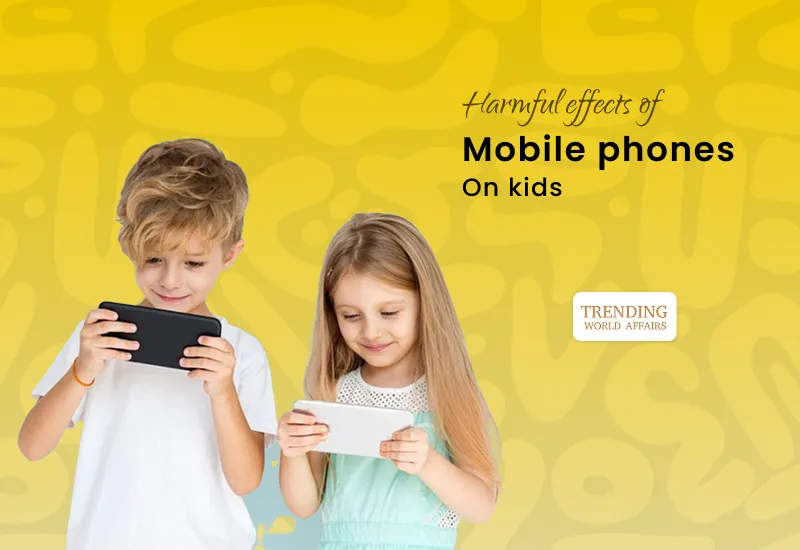In today’s digital age, smartphones have become ubiquitous, offering unprecedented access to information and connectivity. While these devices provide numerous benefits, their excessive use among children has raised concerns among parents, educators, and health professionals. This article delves into the multifaceted effects of prolonged smartphone usage on children’s physical, mental, and social well-being.
Physical Health Implications
Extended periods of smartphone use can lead to several physical health issues in children:
- Vision Problems: Staring at screens for prolonged durations can cause eye strain and discomfort. Over time, this may lead to more severe vision-related issues.
- Musculoskeletal Discomfort: Maintaining poor posture while using smartphones can result in neck, wrist, and finger pain. A study highlighted that excessive exposure to smartphones is associated with musculoskeletal discomfort in these areas.
- Reduced Physical Activity: Time spent on smartphones often replaces outdoor play and physical exercise, contributing to a sedentary lifestyle. This lack of activity can lead to decreased muscle mass and increased fat accumulation
Mental Health Concerns
The psychological effects of excessive smartphone use are profound:
- Increased Anxiety and Depression: Heavy use of social media platforms has been linked to heightened feelings of anxiety, depression, and loneliness among adolescents.
- Attention and Hyperactivity Issues: Children perceiving their parents as excessively engaged with smartphones are more prone to exhibit anxiety, attention deficits, and hyperactive behaviors.
- Sleep Disruptions: Screen time, especially before bedtime, can interfere with sleep patterns, leading to insomnia and other sleep-related issues.
Social Developmental Effects
Smartphone overuse can impede essential social skills development:
- Reduced Face-to-Face Interaction: Excessive phone use may lead to diminished in-person social interactions, crucial for developing social skills and emotional intelligence.
- Impaired Emotional Intelligence: Parental smartphone use in the presence of children can negatively impact the child’s emotional intelligence development. This is due to reduced quality interactions and feedback essential for emotional growth.

Recommendations for Parents and Guardians
To mitigate the adverse effects of excessive smartphone use, consider the following strategies:
- Establish Screen Time Limits: Set clear boundaries on daily smartphone usage to ensure a balanced routine that includes physical activity and face-to-face interactions.
- Encourage Alternative Activities: Promote hobbies and outdoor play to divert attention from screens and foster holistic development.
- Lead by Example: Demonstrate responsible smartphone use, especially during family time, to model healthy habits for children.
- Create Tech-Free Zones: Designate areas in the home, such as dining spaces and bedrooms, where smartphone use is discouraged to promote better socialization and rest.
Conclusion
In conclusion, while smartphones offer valuable tools for learning and connection, moderation is key. By understanding and addressing the potential negative impacts of excessive smartphone use, parents and guardians can help ensure the healthy development of their children.






